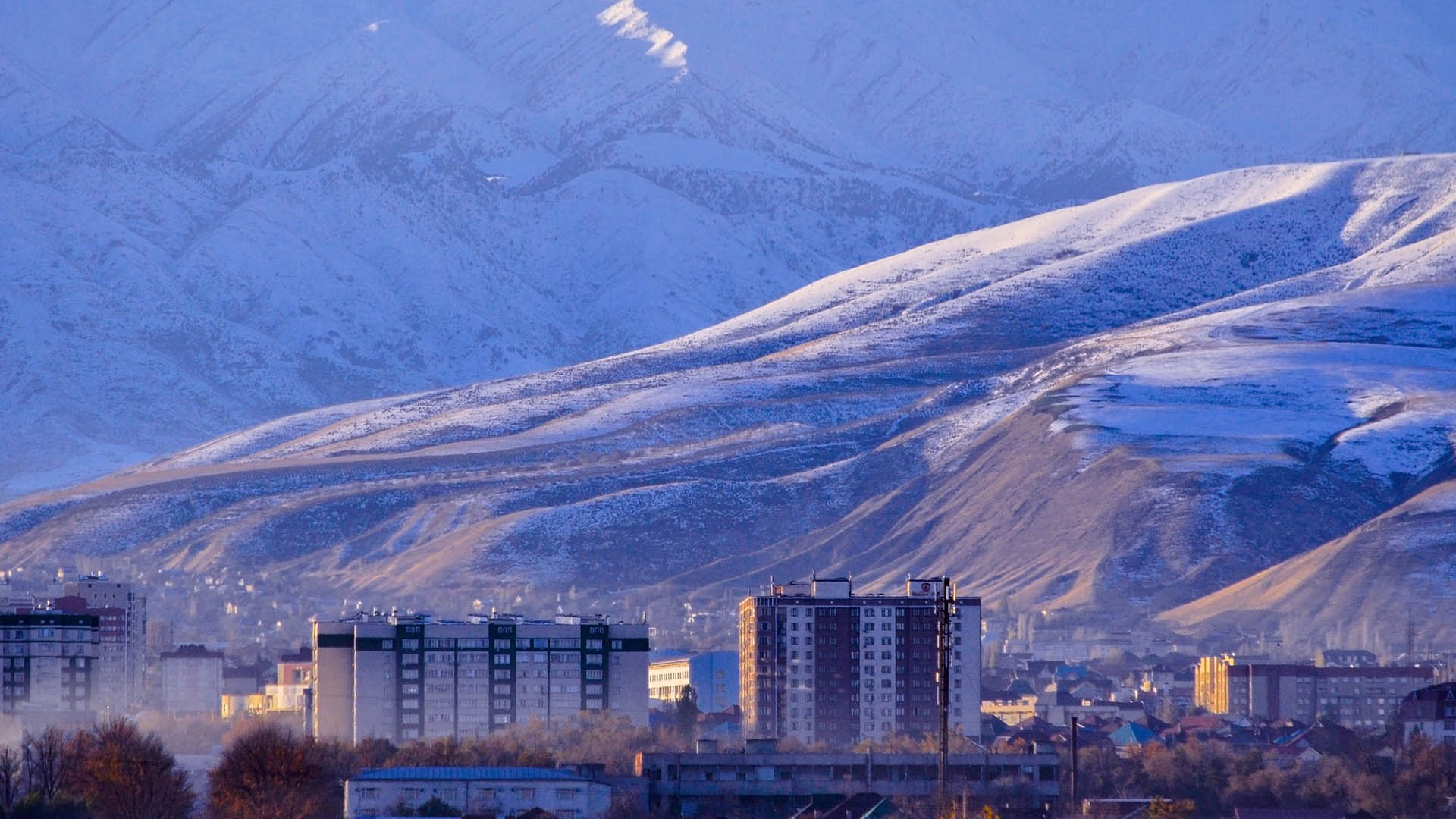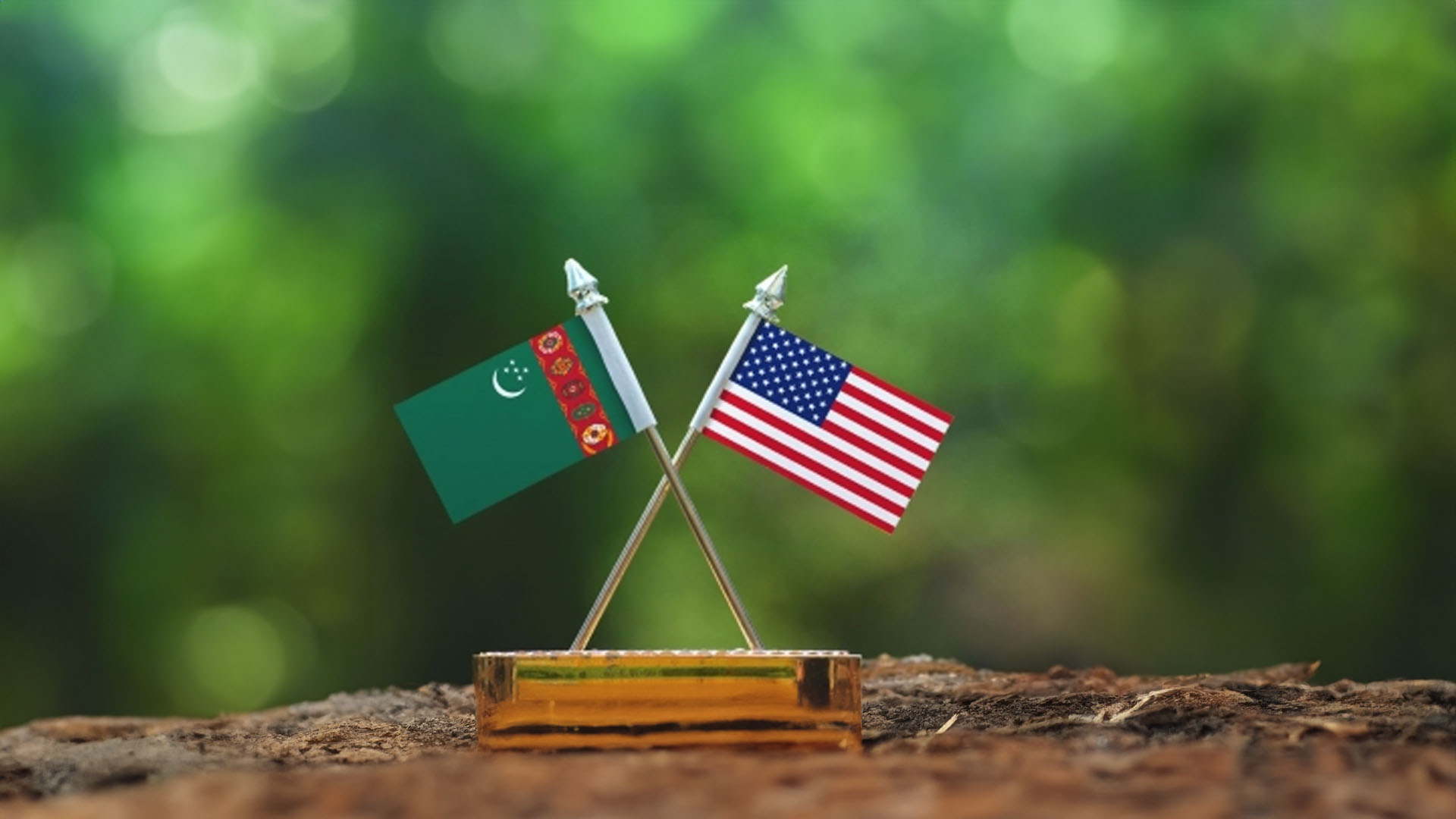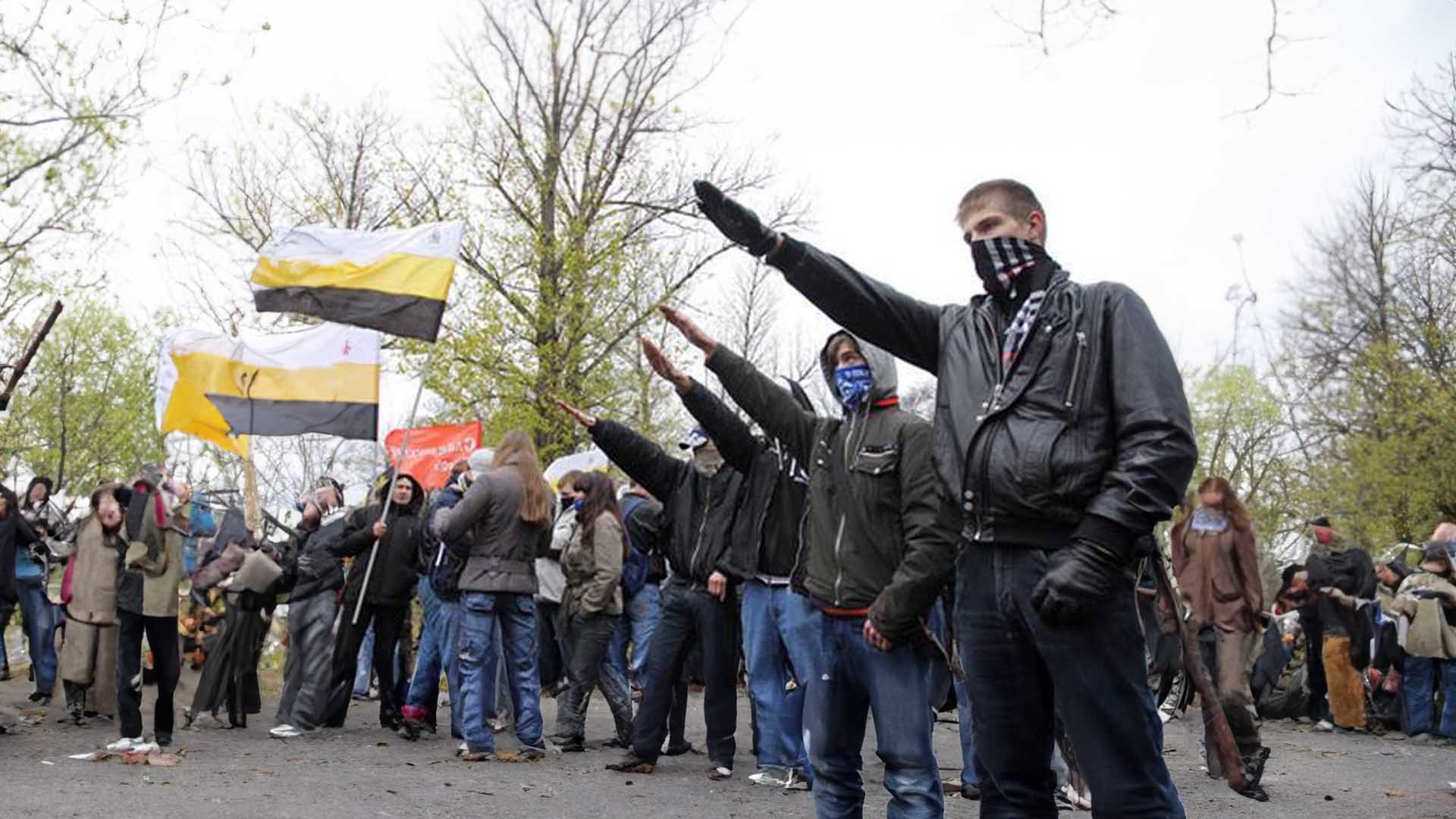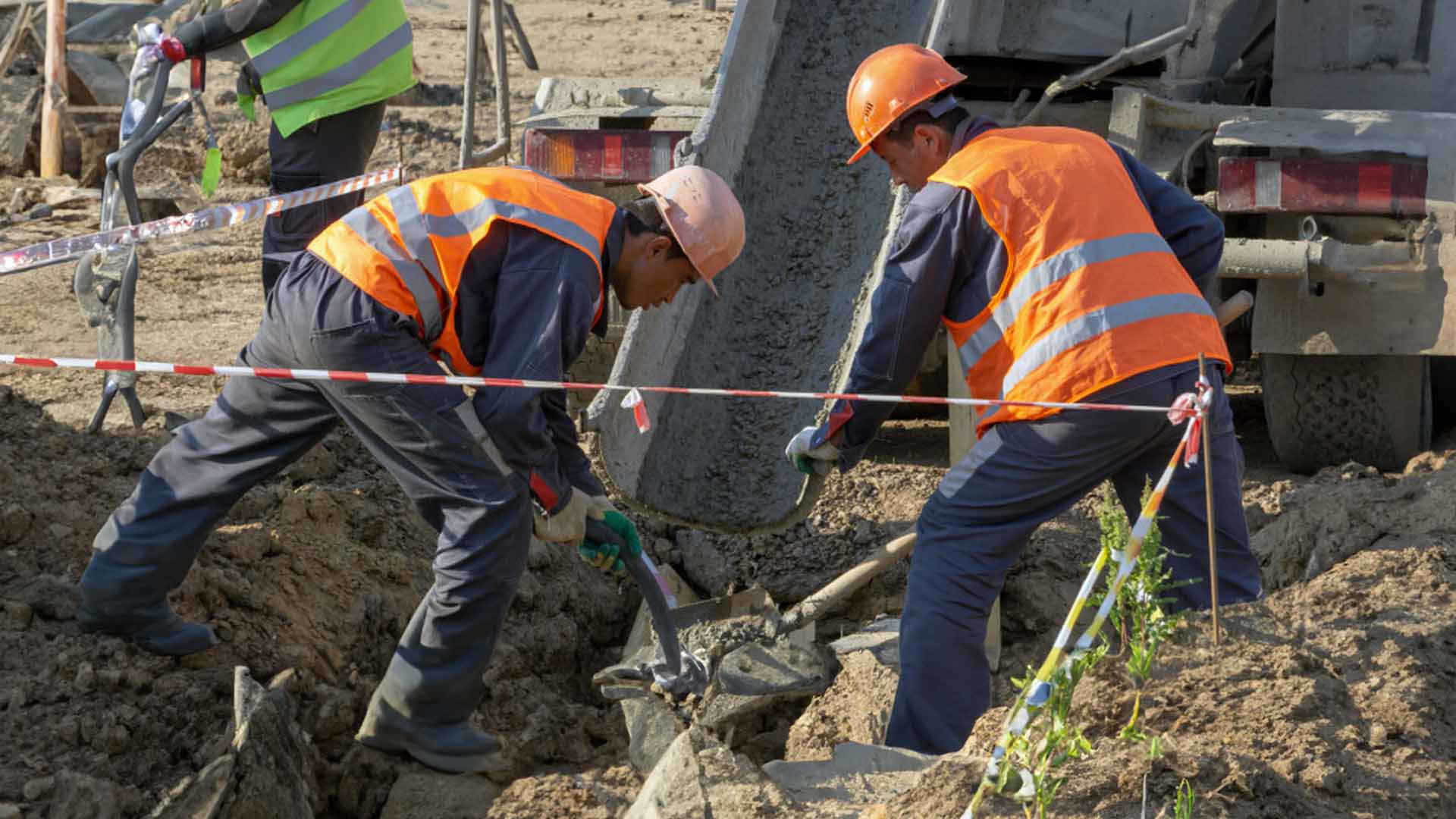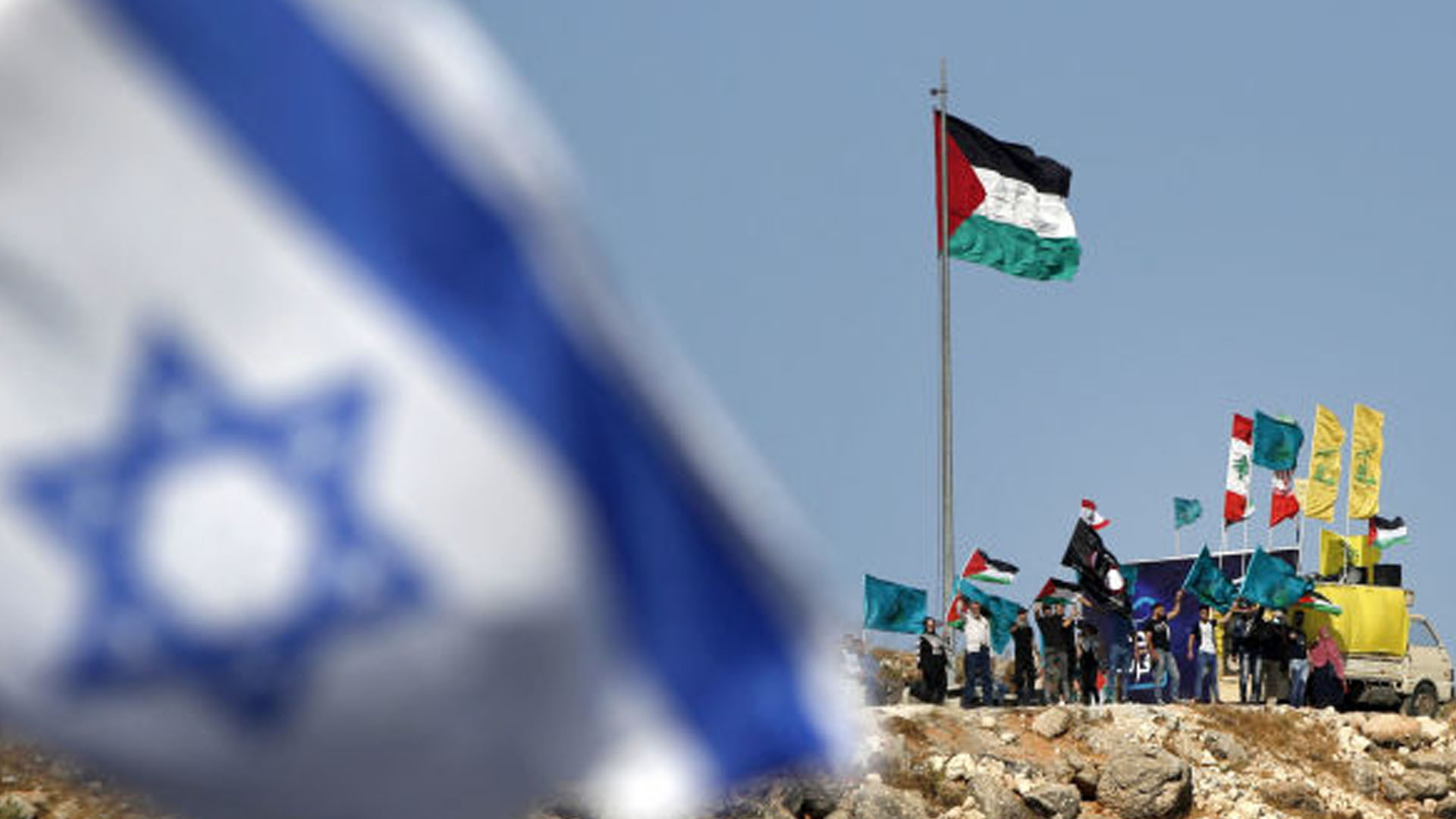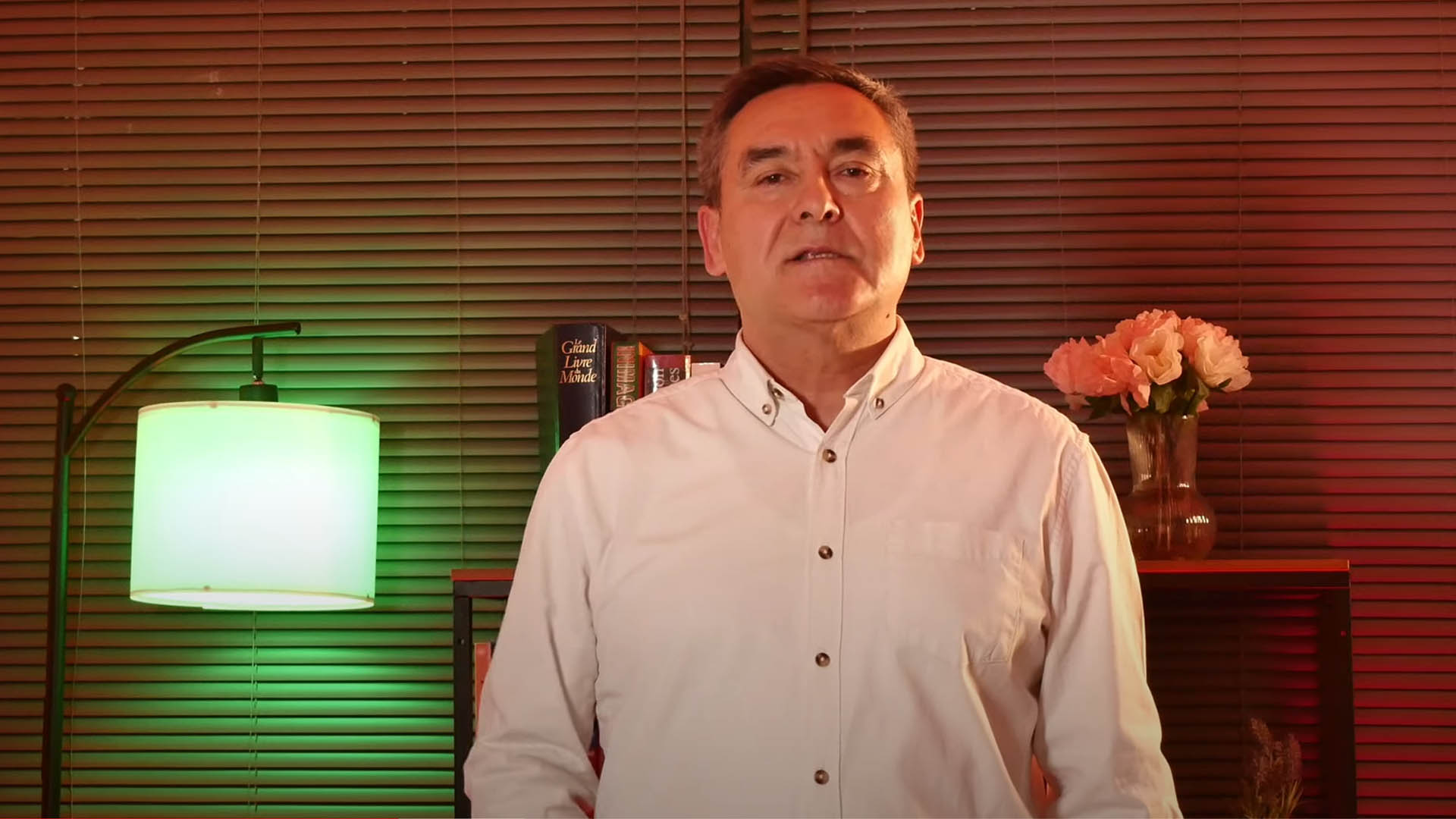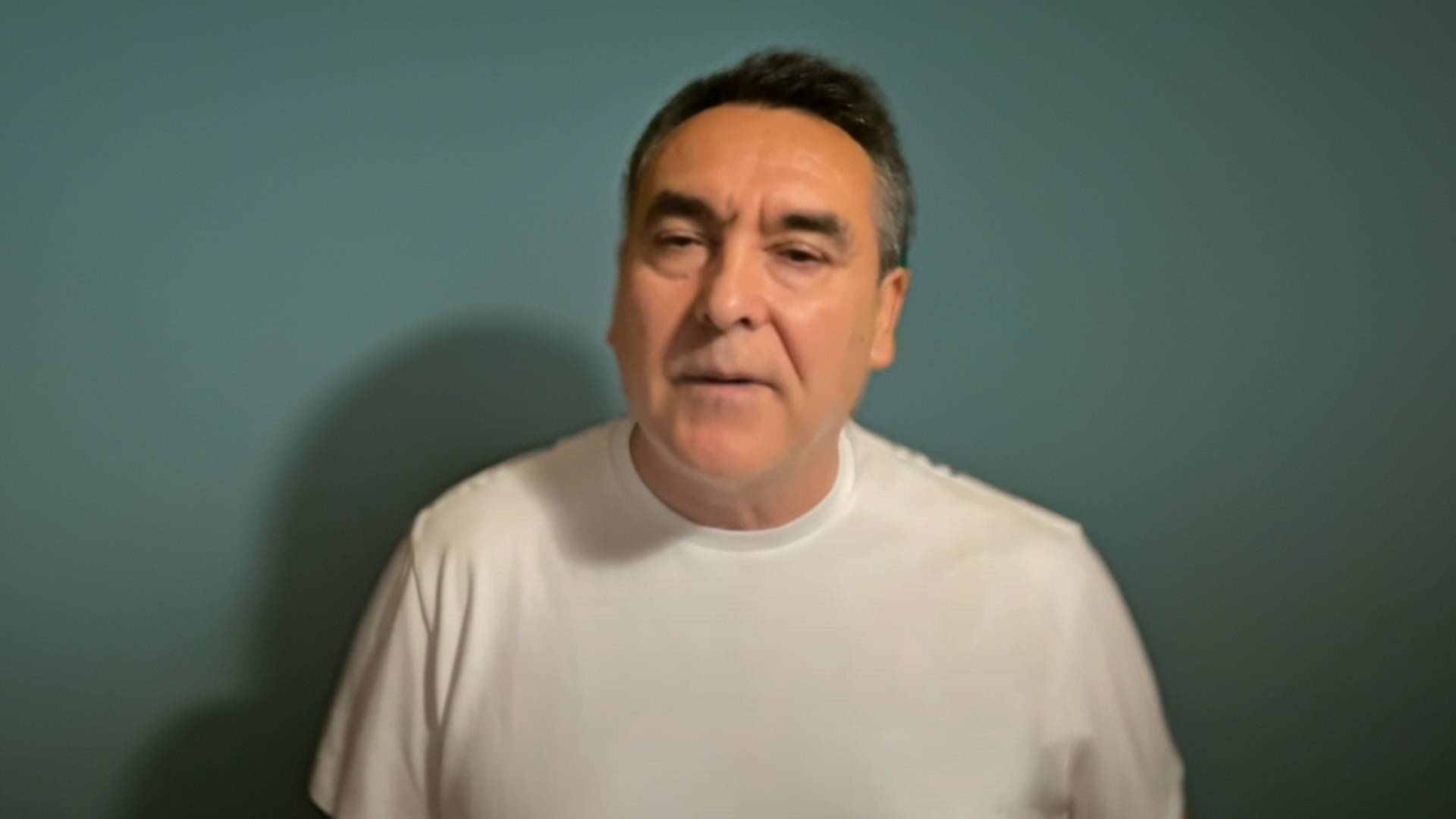In comparison with the rest of the post-Soviet autocracies of Central Asia, Kyrgyzstan is considered an “island” of some kind, but still a democracy. However, it is obvious that recently it has been drifting towards restrictions on political and civil liberties. It is no coincidence that in March 2021, for the first time in 11 years, the international non-governmental organization Freedom House transferred Kyrgyzstan from “partially free” to the category of “not free” countries in its rating
https://24.kg/obschestvo/185373_Freedom_House_vklyuchil_kyirgyizstan_vkategoriyu_nesvobodnyih_stran.
Another signal came from the UN. In November of this year, its Human Rights Committee expressed concern in its conclusion about the arrests of bloggers and journalists, as well as pressure from the authorities on human rights defenders, lawyers, and politicians for expressing opinions. Official Bishkek was urged to abandon the practice of criminal prosecution for the dissemination of important information of public interest
In part, this was a response to the October appeal of Kyrgyz civil organizations and activists, who in their appeal to the UN asked her to express her position on the repression against members of the Committee for the Protection of the Kempir-Abad reservoir, opposing the “opaque deal” with neighboring Uzbekistan on the transfer of land near this water body
https://vesti.kg/politika/item/105733-grazhdanskie-aktivisty-prosyat-oon-prizvat-vlasti-kr-prekratit-presledovanie-oppozitsionerov.html
In October, the authorities arrested up to 30 people.
But it’s not just them. Local media experts confirm in general the increasing pressure of the state on freedom of speech
https://rus.azattyk.org/a/32118784.html
Some journalists who criticize the authorities and publish anti-corruption investigations are prosecuted, and websites are illegally blocked. For example, on December 3, the Ministry of Culture, Information, Sports and Youth Policy of the Republic of Kazakhstan refused to cancel its decision to block the sites of Azattyk Media
https://kloop.kg/blog/2022/12/03/minkult-otkazalsya-otmenyat-svoe-reshenie-o-blokirovke-azattyka
Back in April, Human Rights Watch called on the Kyrgyz authorities to stop the persecution of independent journalists and the media. The organization’s statement said: “The Kyrgyz authorities claim to protect freedom of speech, but they are trying to suppress independent media with the help of criminal cases.” HRW called for an end to the criminal prosecution of the Next TV channel (and its director Taalai Duishenbiev), Kaktus. Media and investigative journalist Bolota Temirov
https://rus.azattyk.org/a/31781002.html
Of course, Kyrgyzstan is not Uzbekistan, especially not Turkmenistan, where the authorities can afford any reprisal against dissenters. Therefore, the Kyrgyz authorities, as they can, are trying to “slow down” high-profile political affairs. However, the “creaking” of these “brakes” sounds several times louder than the “klaxon”.
In May, the Prosecutor General’s Office announced the termination (they say, on March 31) for the lack of corpus delicti of the criminal case against Kaktus. media (for reprinting from the Tajik site Asia Plus — about the conflict on the Kyrgyz-Tajik border)
On September 21, the court found Taalai Duishenbiev guilty of committing crimes and sentenced him to 5 years in prison by adding punishments, however, he was released from punishment with the use of probation supervision for 3 years. However, the director of Next TV does not admit himself guilty.
The international non-governmental organization Committee for the Protection of Journalists (CPJ) in its statement demanded that this unjust conviction be immediately and completely annulled and that the prosecution of journalists on far-fetched charges be stopped
https://cpj.org/2022/09/kyrgyzstan-tv-director-taalaibek-duishenbiev-convicted-of-incitement
As for Temirov’s Swamp, on whom several criminal cases were opened on far-fetched pretexts, the authorities here found nothing better than to expel him from the country by a court decision of November 23. Recall that in his Temirov LIVE, he published an investigation in which he accused the chairman of the State Security Committee Kamchybek Tashiyev, and his children of participating in corruption schemes.
https://rus.azattyq.org/a/32145154.html
Soon the authorities will have to make some kind of “Solomon’s decision” about what to do with the defenders of the Kempir-Abad reservoir arrested on October 23-24. They were charged with preparing mass riots. If found guilty, they face up to ten years in prison. Most of them were sent to jail for up to two months. While the authorities are hesitating. Relatives of some detainees complain that the investigation is being delayed, and for some of the defendants, the investigation has not even begun.
https://rus.azattyk.org/a/32163767.html
But for the government itself, for its critics, and experts, it is becoming increasingly obvious that such a “balancing act” of official Bishkek between democracy and authoritarianism cannot continue for a long time. Especially taking into account the usual practice for post-Soviet Kyrgyzstan of solving political issues “across the street”.
07.12.2022

